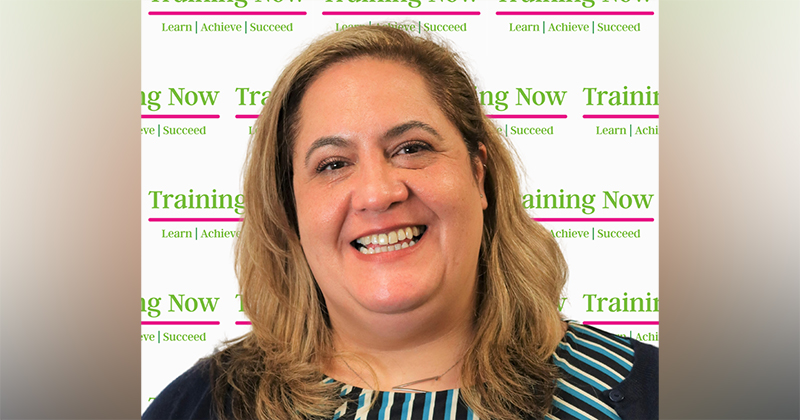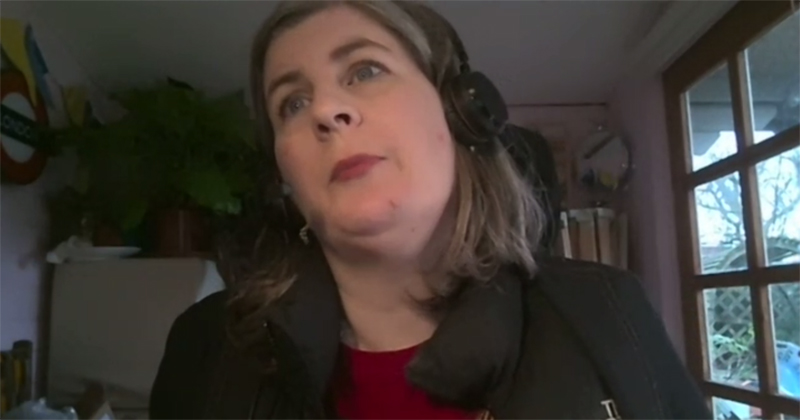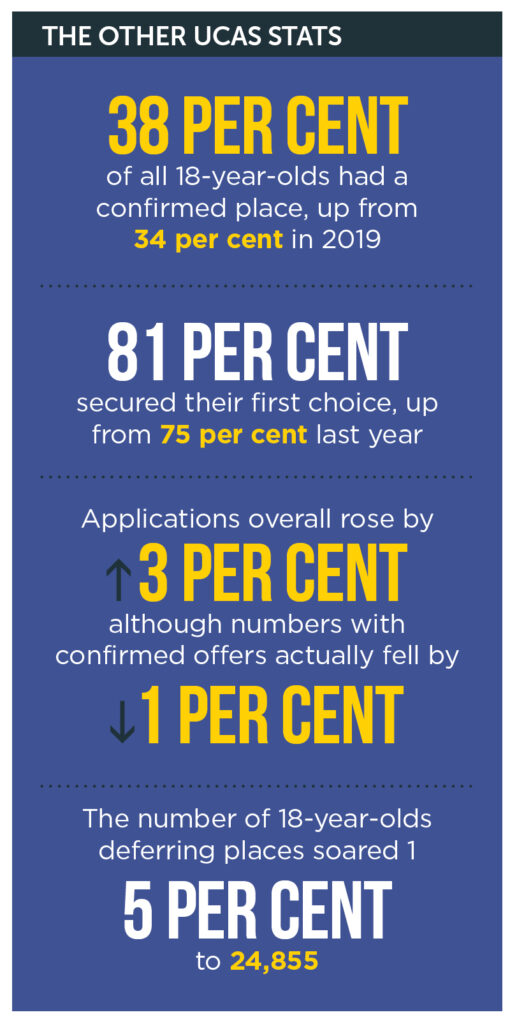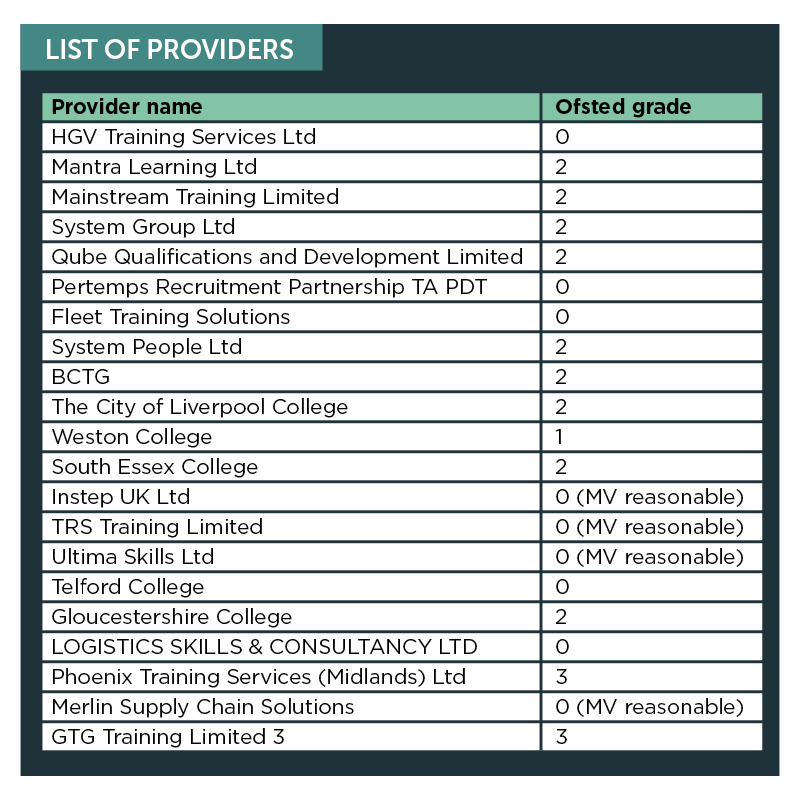Nine in ten T Level providers missed their recruitment targets this year, with digital and the new health and science routes proving most difficult to sell to students.
An FE Week investigation has also found colleges deferring their delivery due to a complete lack of student appetite and employers refusing to offer 315-hour industry placements.
In some cases, students opted for alternative BTECs during their T Level enrolment due to the placements shortage and because the applied general qualifications provide a “broader based experience”.
In one school, just one T Level student was enrolled (click here for full story).
The findings come as ministers continue to water down T Level policy. In recent months they have ruled that a chunk of the mandatory industry placement can be carried out remotely for the first two waves, offered employers £1,000 cash incentives to take on students, and removed the English and maths exit requirement for the qualifications.
It also comes in the midst of the government’s level 3 reforms, which controversially involve defunding many of the alternative BTECs that overlap with T Levels.
Experts say FE Week’s new findings were “entirely predictable” but warn that any further relaxing of policy to combat recruitment problems would risk weakening the government’s own justification for T Level reform.
The Department for Education insisted that T Levels are “off to a great start” in the face of the challenges presented by Covid-19 and continued to blame the pandemic for the placements shortage.
‘Compulsory placements could end up causing significant issues’
The first ever T Levels – described by ministers as the “gold standard” in technical education, to sit alongside their academic equivalent A-levels – launched in 2020 in three sectors: construction, digital and education and childcare. Around 1,300 students enrolled on them last year.
Health and science was added as an option in 2021.
In the first analysis of wave two recruitment, FE Week asked each of the 105 colleges, providers and schools listed to teach the qualifications in 2021/22 how many learners they managed to recruit against their targets.
Sixty-six were able to provide breakdowns. Between them, they set an overall target of recruiting 5,360 students but enrolled 3,783 (70 per cent).
The government claws back funding from providers if they fail to hit 40 per cent of their total target numbers.
Of the 66 that provided figures to FE Week, nine providers were below the 40 per cent threshold.
Just seven hit or exceeded their enrolment target. A total of 59 failed to hit their recruitment goals.
Colleges, providers and schools found construction the easiest subject to hit their targets – 862 enrolled against an aim of 1,031 (84 per cent). Education and childcare attracted 1,049 learners against a target of 1,289 (81 per cent).
Digital again proved tough to sell to students – 875 students were recruited compared to the 1,343 planned (65 per cent).
But it was health and science where providers struggled most, as 1,058 students were taken on against a target on 1,817 (58 per cent).
Three colleges that planned to deliver this new route had no students sign up to them.
One of them, Harlow College, said the biggest barrier was the mandatory industry placement. Science laboratories, for example, are “very difficult” to secure due to the age of the learners and the skill level required to be “safe and effective” within this environment, according to assistant principal Becky Jones.
NCFE, the awarding body that designed the health and science route, said the new qualification “needs to be given time to properly embed into post-16 education”.
But Tom Richmond, a former DfE special adviser and now director of think-tank EDSK, pointed out that the DfE’s own research in 2018 showed that securing T Level work placements for unqualified students would be “inappropriate or legally impossible in some safety-critical sectors”.
The same research also found that many employers had already reached “saturation point” in terms of having enough time for supervising and overseeing young learners.
FE Week’s new findings “demonstrate why the laudable ambition of compulsory placements could end up causing significant issues for the T Level programme,” Richmond said.
Multiple colleges told FE Week that student confidence in taking T Levels was significantly reduced where universities are not listing them on their websites as valid entry qualifications.
Leaders also said the specialist nature of the T Levels means that it is “progression limiting” for students.
There will be 11 T Level routes when they are fully rolled out in 2023, of which there are 23 technical qualifications to choose from.
Priestley College, in Warrington, which is delivering the education and childcare, digital and health and science T Levels, missed its overall enrolment target by 69 per cent. A spokesperson said the occupational specialisms in T Levels are “too narrow for students who want to keep their options open about their future career”.
Heart of Worcestershire College had planned to deliver the education and childcare and digital routes this year but deferred until 2022 due to a lack of demand. A “small number” of late applicants did come in but they decided to move to an alternative BTEC pathway instead.
A spokesperson for the college said, given the pandemic, it was “understandable as to why so many students were reticent on choosing such specific pathways, as those covered by T Levels, and therefore chose to progress via other vocational and advanced level options”.
Jones added that other existing vocational and technical qualifications offer a “broader-based experience that allows students to decide over two years the more specialist direction they wish to take either through employment, university or an apprenticeship”.
Numerous colleges told FE Week that the pandemic limited access to school-leavers who are “still some way off having a good understanding” of the qualifications despite a £3 million national marketing campaign launched by the government in 2019.
A spokesperson from City College Norwich, which managed to hit 62 per cent of its planned enrolments across the four available routes, agreed that more needed to be done to raise the understanding of T Levels.
“We believe there is still more work to do with schools, young people, and their parents and carers, to help them understand T Levels, in particular that the occupational specialisms do not ‘limit’ future progression opportunities for apprenticeships, work or higher level study.”
‘A world-class technical education approach requires sticking rather than chopping and changing’
An FE Week investigation last year found that digital was the most difficult T Level route to sell to students.
Our analysis of the second wave shows there were six colleges that planned to deliver digital in 2021 but failed to recruit any students.
Leaders said there was an issue with young people’s understanding of the careers available through a digital T Level, as well as a shortage of employers stepping up to offer industry placements.
The DfE claimed the majority of wave one and two students have secured their industry placements, but admitted there have been “some challenges” in securing them “as a result of Covid-19”.
“That is why we have introduced further temporary policy flexibilities,” a spokesperson said.
But Richmond warned the more the DfE relaxes the rules around the nature and form of work placements, the more they “weaken the justification for their own T Level reforms”.
Education secretary Nadhim Zahawi told FE Week last month he had seen evidence that there would be sufficient numbers of employers and placements available when T Levels are at full scale. The DfE has so far refused to share the evidence.
Jon Yates, who was a special adviser to then-education secretary Damian Hinds when he was developing T Level policy, said it was “surprising and very welcome” that ministers and colleges had stuck to the T Levels rollout in the face of the pandemic.
“Our young people deserve a world-class technical education approach and that requires sticking rather than chopping and changing,” he added.
The DfE said it will publish “high-level numbers” of T Level enrolments for all providers in their T Level action plan “very shortly”.













